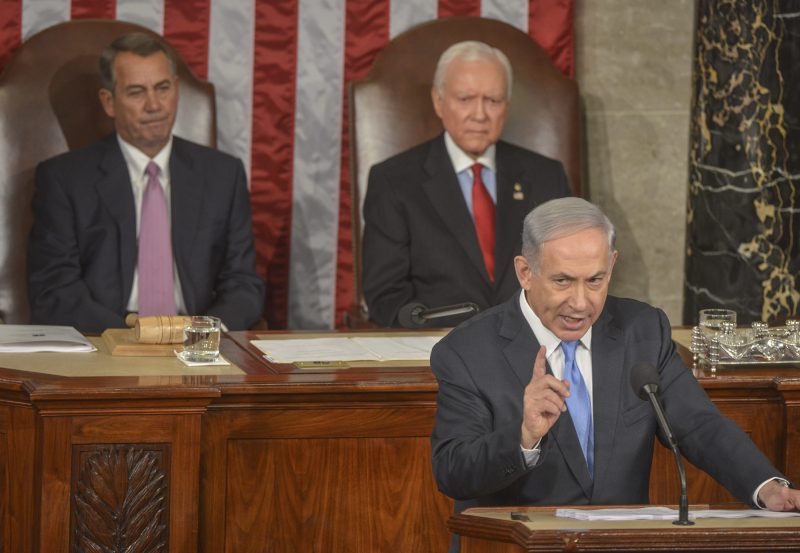In scrutinizing the intricate dance of diplomacy between nations, one cannot overlook the profound impact of relationships on shaping global affairs. The estrangement between leaders can set the tone for broader rifts, as evidenced in the strained ties between Benjamin Netanyahu and the Democratic Party in the United States, embodied by current President Joe Biden. This rupture did not arise overnight; rather, it was a culmination of years of diverging ideologies, contrasting policies, and personal animosities that ultimately led to a public spat between two formidable political figures.
At the heart of this discord lies a stark ideological divide that has progressively widened over the years. Netanyahu, as a stalwart of Israeli right-wing politics, has championed a hardline stance on security and territorial issues, which often places him at odds with the more centrist or left-leaning positions of the Democratic Party. The Israeli leader’s unwavering commitment to ensuring the security and sovereignty of Israel has sometimes clashed with the progressive ideals and foreign policy priorities of the Democrats, leading to friction and disillusionment on both sides.
The contentious issue of Israeli settlements in the West Bank serves as a poignant example of the ideological divergence between Netanyahu and the Democrats. The construction and expansion of settlements in contested territories have long been a point of contention in Israeli-Palestinian relations, with Democrats criticizing Netanyahu’s policies as detrimental to the prospects of a two-state solution. The Obama administration’s condemnation of Israeli settlement activities during Netanyahu’s tenure further strained relations, setting the stage for deeper rifts in the future.
Personal dynamics also played a pivotal role in shaping the rift between Netanyahu and the Democrats, particularly his relationship with former President Barack Obama and Vice President Joe Biden. The acrimonious interactions between Netanyahu and Obama, marked by public disagreements and mutual distrust, set a confrontational tone that persisted even after Biden assumed the presidency. Biden’s personal history with Netanyahu, including past clashes over policy decisions and a lack of rapport, further soured the relationship, making it even more challenging to bridge the growing gap between their respective administrations.
As the political landscape continues to evolve, the split between Netanyahu and the Democrats serves as a cautionary tale of how ideological differences and personal animosities can strain international relations and shape the course of global politics. While diplomacy and pragmatism are crucial in navigating complex geopolitical challenges, the enduring legacy of past grievances and diverging worldviews can leave lasting scars on bilateral ties. As new leaders step onto the world stage, the lessons learned from the rift between Netanyahu and the Democrats offer valuable insights into the delicate dance of diplomacy and the enduring impact of relationships on shaping the future of nations.
